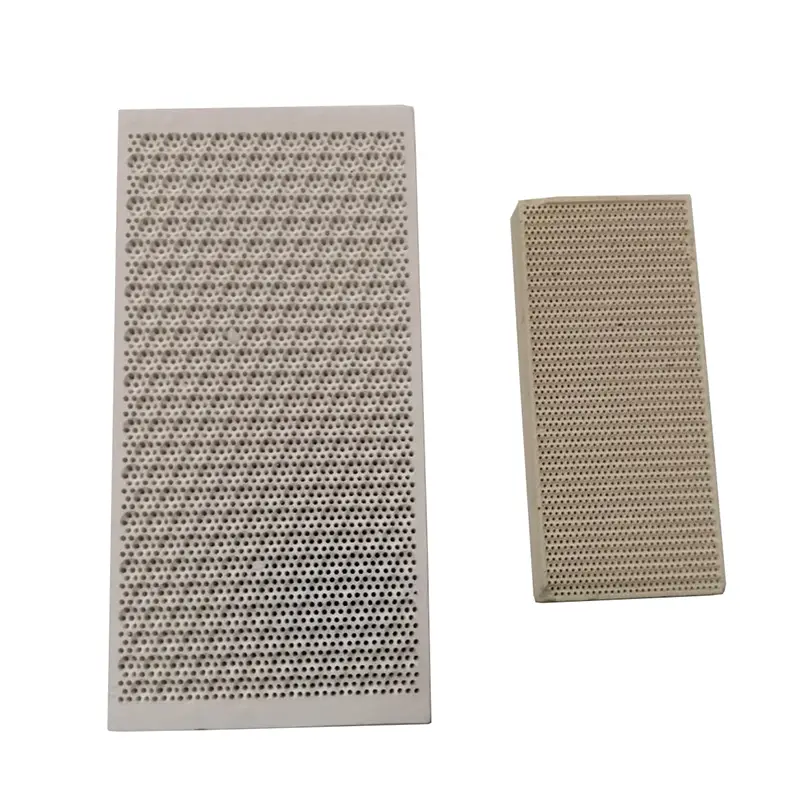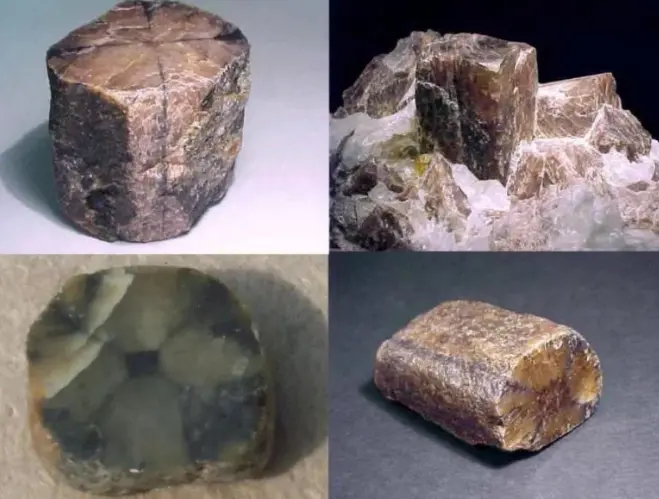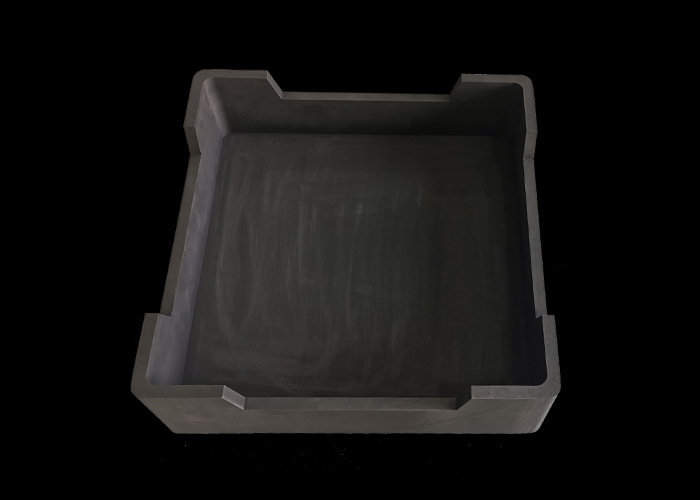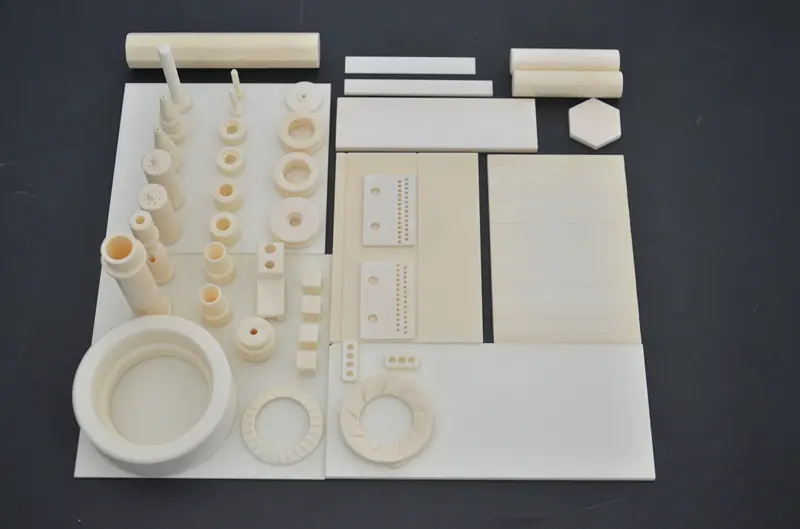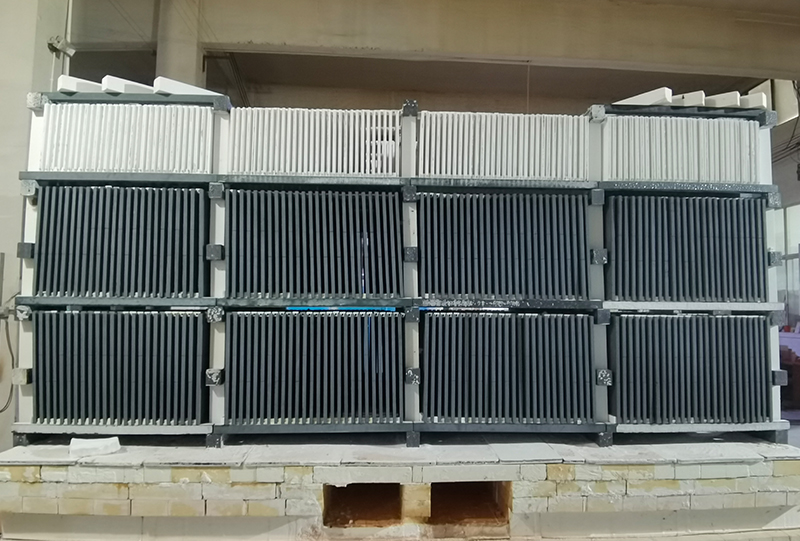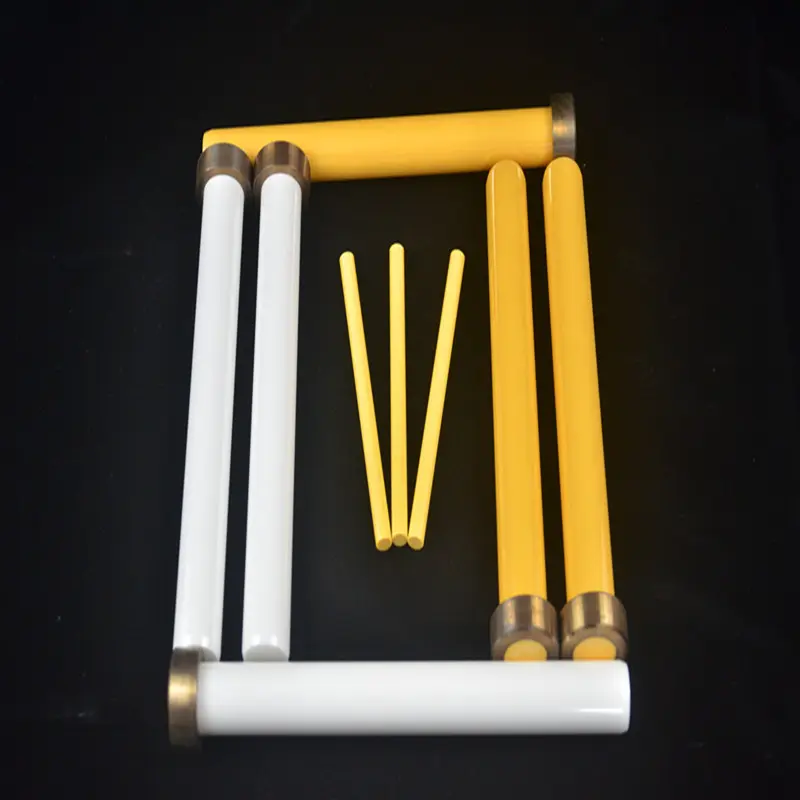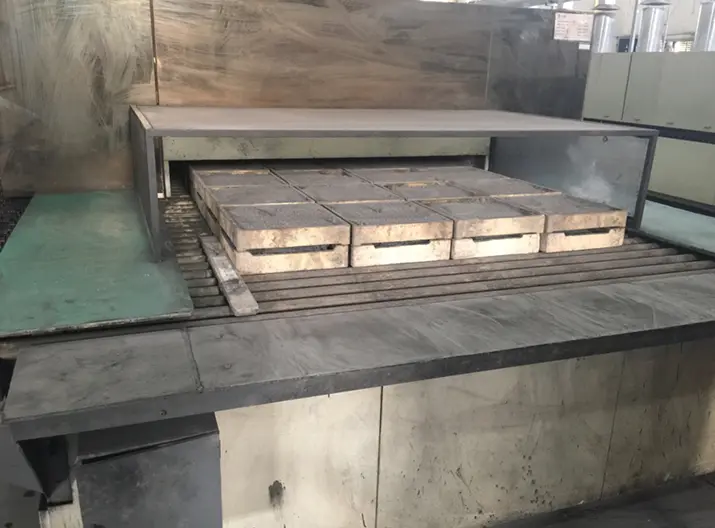The Application of Aluminum Nitride Ceramics in Industrial Production
Properties of Aluminum Nitride Ceramics
Aluminum Nitride Ceramics are characterized by their high thermal conductivity, excellent electrical insulation, and remarkable mechanical strength. These properties make them suitable for a wide range of applications, particularly in environments where high temperatures and electrical insulation are critical.
-
High Thermal Conductivity: One of the standout features of aluminum nitride ceramics is their exceptional thermal conductivity, which can reach up to 200 W/mK. This property allows for efficient heat dissipation, making AlN an ideal choice for applications in electronics and thermal management systems.
-
Electrical Insulation: Aluminum nitride is an excellent electrical insulator, with a dielectric strength of around 18 kV/mm. This characteristic is crucial for applications in electronic devices where insulation is necessary to prevent short circuits and ensure reliable operation.
-
Mechanical Strength: AlN ceramics exhibit high mechanical strength and hardness, making them resistant to wear and deformation. This durability is essential in industrial settings where materials are subjected to harsh conditions.
-
Chemical Stability: Aluminum nitride is chemically stable and resistant to oxidation, which enhances its longevity and reliability in various applications.
Applications in Industrial Production
The unique properties of aluminum nitride ceramics have led to their adoption in several industrial sectors, including electronics, aerospace, automotive, and manufacturing.
-
Electronics and Semiconductor Industry: One of the most significant applications of aluminum nitride ceramics is in the electronics and semiconductor industry. AlN substrates are used in the production of high-power electronic devices, such as LEDs and laser diodes. The high thermal conductivity of AlN helps dissipate heat generated during operation, improving the performance and lifespan of these devices. Additionally, AlN is used in the fabrication of power amplifiers and RF devices, where efficient heat management is crucial.
-
Thermal Management Solutions: In industries where heat generation is a concern, aluminum nitride ceramics are employed in thermal management solutions. AlN is used in heat sinks, thermal interface materials, and other components designed to enhance heat dissipation. Its ability to conduct heat away from sensitive components helps prevent overheating and ensures optimal performance.
-
Aerospace Applications: The aerospace industry demands materials that can withstand extreme temperatures and harsh environments. Aluminum nitride ceramics are used in various aerospace components, including thermal protection systems and engine parts. Their lightweight nature, combined with high strength and thermal stability, makes them ideal for applications where weight reduction is critical.
-
Automotive Industry: In the automotive sector, aluminum nitride ceramics are increasingly being used in electric vehicles (EVs) and hybrid vehicles. The demand for efficient thermal management in battery systems has led to the adoption of AlN in battery packs and power electronics. The ability of aluminum nitride to handle high temperatures and provide electrical insulation is essential for the safe and efficient operation of these vehicles.
-
Manufacturing and Tooling: Aluminum nitride ceramics are also utilized in manufacturing processes, particularly in tooling applications. Their hardness and wear resistance make them suitable for cutting tools, molds, and dies. The use of AlN in these applications enhances the durability and performance of tools, leading to improved productivity and reduced downtime.
-
Medical Devices: The medical industry has also recognized the potential of aluminum nitride ceramics. Their biocompatibility and chemical stability make them suitable for various medical applications, including implants and surgical instruments. The ability to sterilize AlN ceramics without compromising their properties further enhances their appeal in the medical field.
Future Prospects
As industries continue to seek advanced materials that can meet the demands of modern production, the application of aluminum nitride ceramics is expected to grow. Ongoing research and development efforts are focused on enhancing the properties of AlN, such as improving its thermal conductivity and expanding its applications in emerging technologies.
The rise of electric vehicles, renewable energy systems, and advanced electronics will likely drive the demand for aluminum nitride ceramics in the coming years. Additionally, the push for sustainable manufacturing practices may lead to increased interest in AlN due to its potential for reducing energy consumption and improving efficiency.
Conclusion
Aluminum nitride ceramics have established themselves as a vital material in industrial production, thanks to their unique properties and versatility. From electronics to aerospace and automotive applications, AlN continues to play a crucial role in enhancing performance and efficiency. As technology advances and industries evolve, the application of aluminum nitride ceramics is poised for further growth, making it an exciting area for research and development in the years to come.


